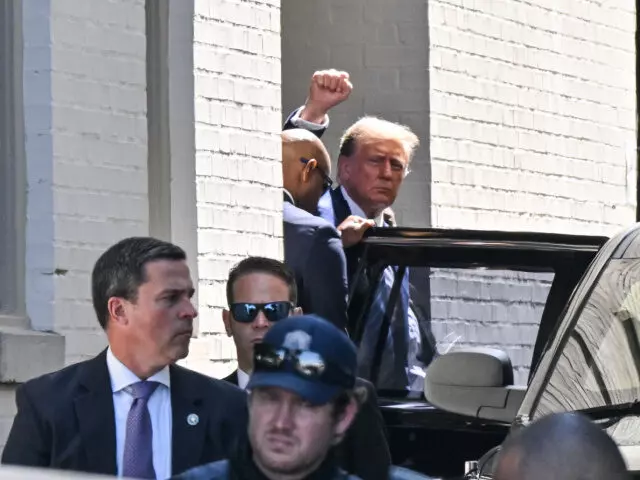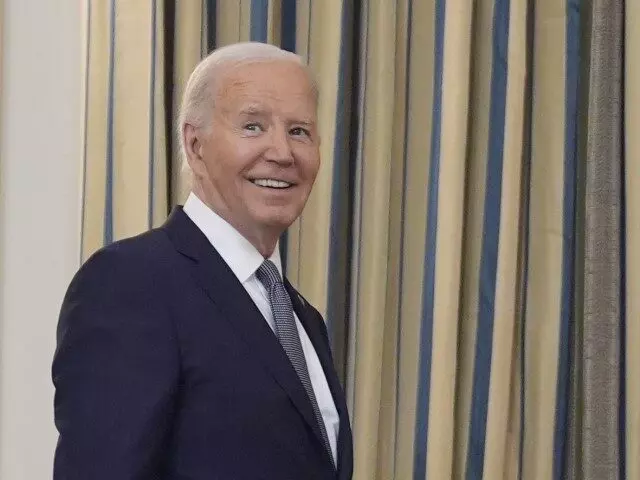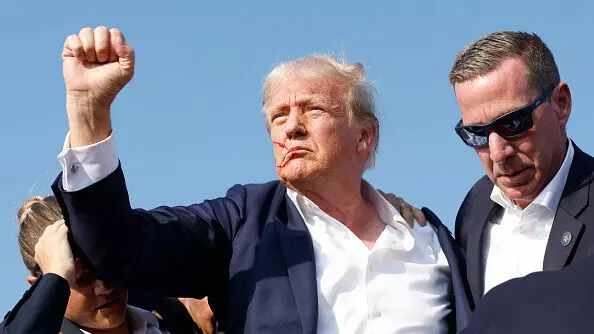On Saturday night, former President Donald Trump was shot through the ear while attending a rally in Butler, Pennsylvania. The incident has sparked widespread debate and concern about the “heated rhetoric” that has been used by many political figures recently. CNN correspondent Jamie Gangel was one of those expressing her disapproval of the rhetoric used by President Trump after he was shot. She claimed that the former president’s message to “fight, fight, fight!” following the assassination attempt was not helpful and that people were looking for a more calming approach from political leaders at this time.
However, Donald Trump Jr., who is an avid supporter of his father, took issue with Gangel’s criticism. He slammed CNN, calling their focus on President Trump’s rhetoric “vile” and pointing out that his father was the target of a violent attack while CNN continued to emphasize the supposed negativity coming from the former president.
The heated political environment leading up to this event has been fueled by both sides of the aisle, with many politicians using strong language and making bold claims about their opponents. In recent weeks, President Joe Biden has warned that Trump could become a “dictator” if re-elected, and he even told donors it was time to “put Trump in a bullseye.” This has led some political analysts to argue that such rhetoric is dangerous and could contribute to violence against political figures.
Senator J.D. Vance, who is considered a potential running mate for President Trump in the 2024 election, argues that Biden’s “central premise” of painting Trump as an authoritarian fascist has contributed directly to the assassination attempt on the former president. He suggests that this type of language creates a dangerous environment where violence becomes more likely, and political discourse becomes increasingly polarized.
As the nation grapples with the aftermath of this shocking event, it is clear that there needs to be a conversation about the role that heated rhetoric plays in our political climate. While passion and conviction are essential aspects of democracy, finding a way to express differing opinions without resorting to violence or fear-mongering tactics should be a top priority for all politicians and media outlets moving forward.



